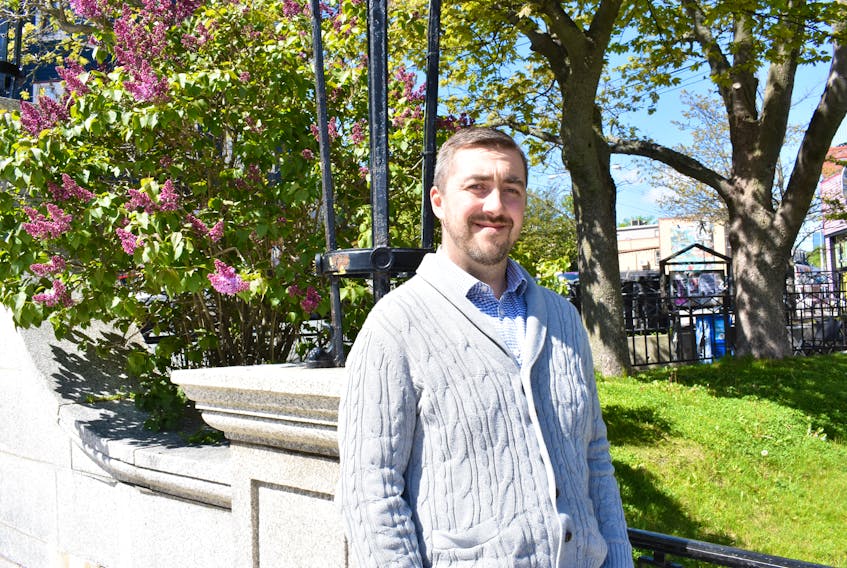As the mental health care and addictions system across the province undergoes a major overhaul, 29 organizations have agreed to 14 principles to guide the government toward better care for those in need.
The statement of principles was released by Choices for Youth on Wednesday as a way to show the government the priorities of those on the front lines of mental health and addictions care in the province.
Josh Smee, provincial expansion co-ordinator with Choices for Youth, says between the Premier’s Task Force on Educational Outcomes, the All-Party Committee on Mental Health and Addictions, and a new Child, Youth and Families Act, major changes are underway in the province on how mental health and addictions are handled.
“When you wrap all that together, it’s interesting. We talk to our colleagues from outside the province and they say this is probably in many ways the biggest example of systems change for young people in the country right now,” said Smee.
“There’s a lot moving and we want to make sure it stays grounded in a common approach.”
The principles focus on 14 areas of attention: recognizing the needs of young people and emerging adults, reducing barriers to care, focusing on prevention, emphasizing family-centred interventions, giving youth a choice in care, supporting indigenous and LGBTQ2SQIA+ youth, harm-reduction strategies, integrating services, supporting vulnerable youth, increasing education around trauma, support for those living with disabilities, recognizing intersectionality, and celebrating success.
" ... almost all of the major youth-serving agencies agree that these are the priorities in terms of how we should be acting. I think it helps give a bit of certainty.”
— Josh Smee
Smee says getting the 29 organizations and dozens of signatories on board shows common needs within the province.
“I think one of the big pieces is just to see how much consensus there is,” he said.
“You can look at the statements and see that almost all of the major youth-serving agencies agree that these are the priorities in terms of how we should be acting. I think it helps give a bit of certainty.”
Kaila de Boer, director of mental wellness and healing with the Nunatsiavut government, says harm reduction has been an emphasis in Labrador for a number of years. She hopes the principle agreement can emphasize the challenges.
“Harm reduction for us really means just that — we’ll work with a client on whatever reducing harms and impacts in their life means,” said de Boer.
“For some, it may mean cutting back on substances, it may mean different substances, it may mean using in a different context. … It can really have such a broad scope.”
Smee agrees harm reduction is one of the recommendations that needs attention in a new mental health care and addictions system.
“It’s tough work to make harm-reduction programs work on the ground,” he said.
“It takes training, resources and thinking. It makes sure to keep a focus on some of the things that are the right thing to do, but are also challenging and complicated.”
On top of all that, Smee says workers in the field are expecting a new provincial housing and homelessness plan that’s going to reshape affordable housing supports in the province.
Smee is unsure when that legislation will be introduced, other than to say it should be coming sooner rather than later.
"It’s tough work to make harm-reduction programs work on the ground."
— Smee
Choice for Youth is also gearing up for a provincewide expansion after previously only offering services in St. John’s.
“It can be a risky, traumatic thing to come into St. John’s. It means you don’t come into town until things have gone bad for you,” he said.
“Either way, we know that the way forward is to distribute services more broadly.”
Twitter: DavidMaherNL









